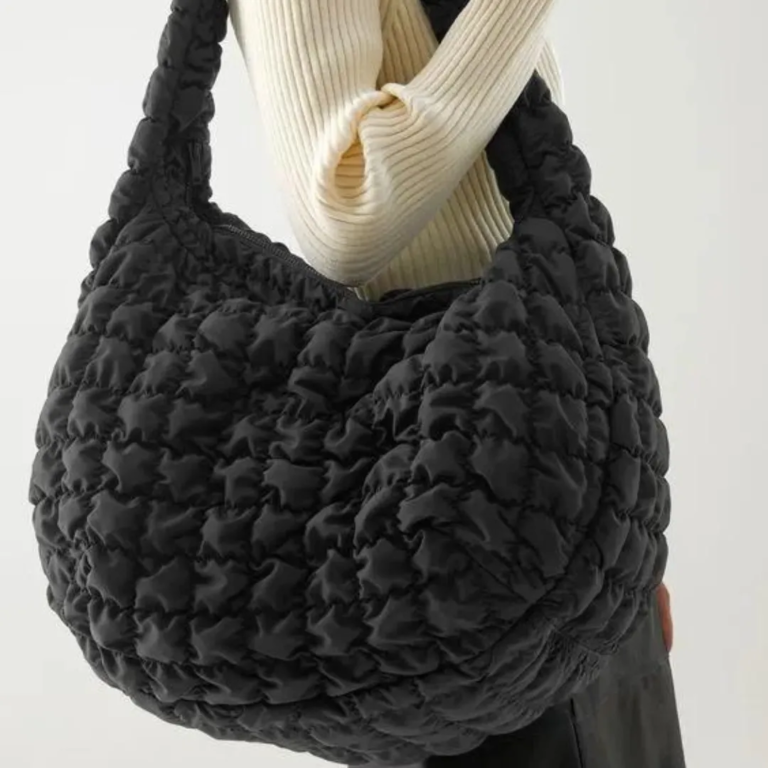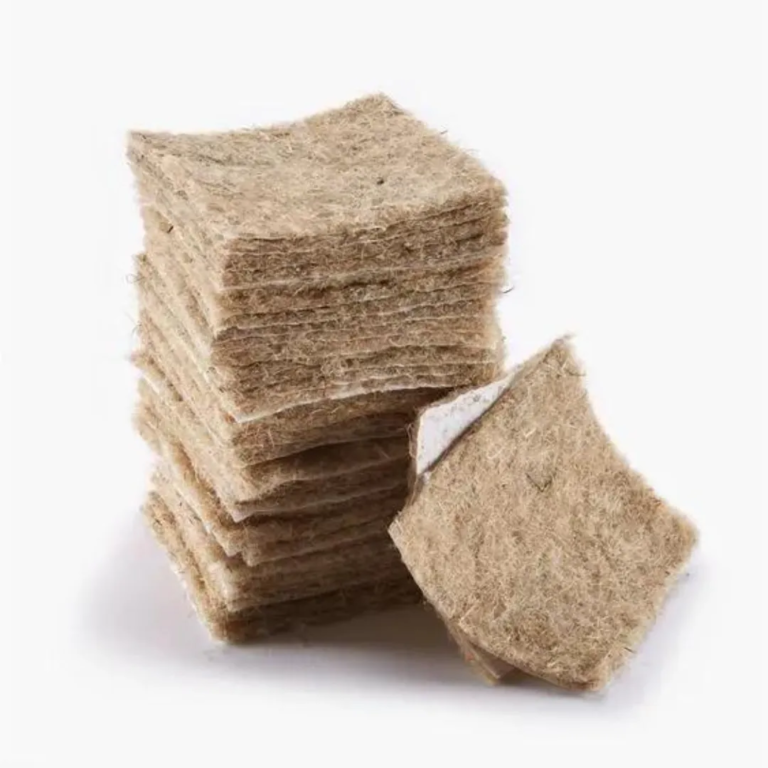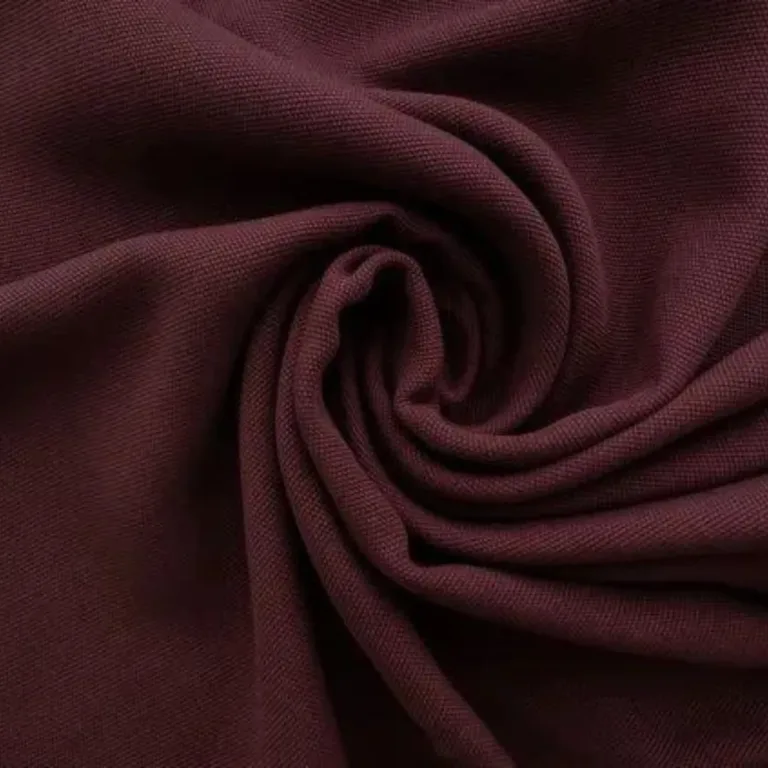Have you ever stopped to think about the environmental impact of the clothes we wear, especially when it comes to streetwear? As conscious consumers, it’s crucial to explore sustainable alternatives that still allow us to express our style.
In a world where fashion is often criticised for its environmental footprint, the rise of sustainable fabrics in streetwear brings a refreshing change. These fabrics, derived from eco-friendly materials and production methods, offer a conscious alternative for fashion-forward individuals.
Meaning And Importance
Ever stopped to think about the environmental impact of your fashion choices? From clothing production to waste generation, the fashion industry has a significant ecological footprint. But what if we could combine our love for fashion with a more sustainable approach? How can we make a positive change for the environment without compromising style and self-expression?
With growing awareness of the environmental impact of fast fashion, streetwear enthusiasts are embracing a more conscious approach to their style. This shift towards sustainable streetwear goes beyond trendy aesthetics—it represents a commitment to ethical production, mindful consumption, and a desire to make a positive impact on the planet.
One of the key aspects of sustainable streetwear is the use of eco-friendly materials. From organic cotton and hemp to recycled polyester and innovative plant-based fabrics, sustainable streetwear brands are sourcing materials that minimise harm to the environment. Additionally, these brands prioritise fair trade practices, ensuring that workers are paid fair wages and provided with safe working conditions.
Moreover, sustainable streetwear fosters a sense of individuality and self-expression. By choosing brands that align with their values, streetwear enthusiasts can showcase their unique style while promoting a more sustainable and ethical fashion industry. The rise of sustainable streetwear reflects a broader shift in consumer mindset, where fashion choices are driven by a desire for positive change and a vision of a more sustainable future.
What Are The Sustainable Fabrics For Streetwear?
When it comes to sustainable fabrics for streetwear, there are several exciting options that can help reduce the environmental impact of our fashion choices.
1. Organic Cotton

Grown without the use of harmful chemicals, organic cotton is a sustainable alternative to conventional cotton. It promotes soil health, water conservation, and farmers’ well-being.
2. Recycled Polyester

Made from post-consumer plastic bottles or other recycled materials, recycled polyester offers a way to repurpose waste and reduce the demand for virgin polyester. It requires fewer resources and helps divert plastic from landfills.
3. Hemp

Hemp is a versatile and eco-friendly fabric that requires minimal water, pesticides, and fertilisers to grow. It is highly durable, breathable, and biodegradable, making it a sustainable choice for streetwear.
4. Tencel (Lyocell)

Derived from sustainably sourced wood pulp, Tencel is known for its softness, breathability, and moisture-wicking properties. It has a low environmental impact and is biodegradable.
5. Piatex

An innovative leather alternative,Piatex is made from pineapple leaf fibres, a byproduct of the pineapple industry. It offers a cruelty-free option that reduces waste and promotes the use of sustainable resources.
By incorporating these sustainable fabrics into streetwear, we can reduce the environmental footprint of our clothing choices and contribute to a more conscious fashion industry. Embracing these materials not only helps protect the planet but also supports ethical production practises and promotes a more sustainable future.
How Does Fashion Play A Role In Sustainability?
Fashion plays a pivotal role in driving sustainability and shaping a more environmentally conscious world. Here are some key ways in which fashion can contribute to sustainability:
1. Conscious Consumption
Fashion encourages us to be mindful of our consumption habits. By investing in high-quality, timeless pieces and practising mindful shopping, we can reduce the demand for fast fashion and minimise waste.
2. Sustainable Materials
Embracing eco-friendly fabrics like organic cotton, hemp, and recycled polyester can significantly reduce the environmental impact of fashion production. These materials require fewer resources, promote biodiversity, and support ethical practices.
3. Circular Economy
Adopting a circular economy approach in fashion involves extending the life cycle of garments through recycling, upcycling, and clothing rental services. It reduces waste and encourages a more sustainable and resource-efficient industry.
4. Ethical Production
Supporting brands that prioritise fair trade practises and ethical production standards ensures the well-being of workers and reduces social injustices within the fashion supply chain.
5. Education And Awareness
Fashion has the power to educate and raise awareness about sustainability issues. Through campaigns, collaborations, and sustainable fashion events, we can inspire others to make conscious choices and drive positive change.
By harnessing the influence of fashion and embracing sustainable practices, we can pave the way for a more responsible and planet-friendly industry. It’s time to redefine fashion’s role by blending style and sustainability, empowering individuals to express themselves while making a positive impact on the environment.
What Is Trending In Sustainable Fashion?
Curious about the latest trends in sustainable fashion? Well, here are some of the hottest sustainable fashion trends that are making waves:
1.Upcycling And Secondhand Fashion
Upcycling transforms pre-loved garments into unique, one-of-a-kind pieces. Embrace thrift shopping and explore vintage stores for a curated collection of timeless fashion finds.
2. Minimalism And Capsule Wardrobes
Adopting a minimalist approach and building a capsule wardrobe help reduce fashion waste. Invest in versatile, high-quality essentials that can be mixed and matched for endless outfit possibilities.
3. Plant-Based And Vegan Fashion
Plant-based materials such as Piatex (made from pineapple leaf fibres) and mushroom leather offer cruelty-free alternatives to traditional leather. Embrace vegan fashion for a stylish and compassionate wardrobe.
4. Digital Fashion And Virtual Clothing
With the rise of virtual platforms, digital fashion allows us to express our style without physical garments. It promotes sustainability by minimising production waste and offering endless creative possibilities.
5. Sustainable Activewear
Eco-friendly athletic wear made from recycled materials, such as plastic bottles, is gaining popularity. These sustainable activewear brands combine style and functionality while reducing plastic waste.
6. Slow Fashion And Local Production
Slow fashion encourages mindful consumption and supports local artisans and independent designers. Look for locally produced, ethically made garments that promote craftsmanship and reduce carbon emissions.
Role Of Consumers In Promoting Sustainable Fashion
Consumers play a crucial role in driving the shift towards sustainable fashion and shaping a more conscious industry. Here are key ways in which consumers can promote sustainable fashion:
1. Mindful Shopping
Adopt a mindful approach to fashion by considering the environmental and social impact of your purchases. Opt for quality over quantity, invest in timeless pieces, and prioritise sustainable brands that align with your values.
2. Educate Yourself
Stay informed about sustainability issues in the fashion industry. Learn about eco-friendly materials, ethical production practices, and certifications that ensure transparency and accountability.
3. Support Sustainable Brands
Seek out and support brands that prioritise sustainability. Look for certifications like GOTS (Global Organic Textile Standard) or Fair Trade to ensure that the products meet ethical and environmental standards.
4. Extend The Lifespan Of Clothes
Embrace the concept of circular fashion by repairing, swapping, or donating clothes instead of discarding them. Upcycle or repurpose garments to give them new life and reduce waste.
5. Spread The Word
Embrace the concept of circular fashion by repairing, swapping, or donating clothes instead of discarding them. Upcycle or repurpose garments to give them new life and reduce waste.
6. Advocate For Change
Engage with policymakers, fashion industry stakeholders, and local communities to advocate for sustainable fashion practices. Encourage brands to adopt sustainable strategies and push for greater transparency.
Ethical Production Practices
When it comes to ethical production practises in streetwear and fabric, here are key considerations to ensure sustainability and responsibility:
1. Sustainable Materials
Opt for streetwear brands that prioritise sustainable fabrics like organic cotton, hemp, or recycled materials. These alternatives reduce the environmental impact of clothing production.
2. Fair Trade And Transparency
Look for streetwear brands that have fair trade certifications, ensuring that workers involved in fabric production are paid fair wages and operate in safe conditions. Transparency about their supply chain is also crucial.
3. Local Production
Support streetwear brands that prioritise local production. By manufacturing clothes locally, brands can minimise their carbon footprint and support local economies and communities.
4. Collaboration With Artisans
Some streetwear brands collaborate with skilled artisans, promoting traditional craftsmanship and providing economic opportunities. Look for brands that engage in these collaborations, empowering artisans and preserving cultural heritage.
5. Waste Reduction
Ethical production practices aim to reduce fabric waste. Some brands repurpose excess fabric into new garments or accessories, minimising textile waste and promoting circular fashion.
6. Dyeing And Printing
Consider brands that use eco-friendly dyeing and printing techniques. Water-saving processes, natural dyes, and low-impact printing methods help minimise pollution and environmental harm.
By supporting streetwear brands that prioritise ethical production practices, we can contribute to a more sustainable and responsible fashion industry. Let’s choose clothes made with sustainable materials, manufactured transparently, and with a commitment to minimising waste and promoting fair working conditions. Together, we can redefine streetwear as a symbol of creativity, style, and conscious consumption.
Conclusion
In conclusion, sustainable fashion is more than just a passing trend; it is a necessary shift towards a more responsible and conscious industry. By embracing eco-friendly materials, promoting ethical production practices, and adopting mindful consumption habits, we can contribute to a more sustainable future. The fashion choices we make have the power to make a positive impact on the environment, society, and the well-being of future generations. Let’s continue to push boundaries, explore innovative solutions, and redefine fashion as a force for positive change. Together, we can create a fashion industry that not only celebrates style but also respects the planet and the people who make it possible.

